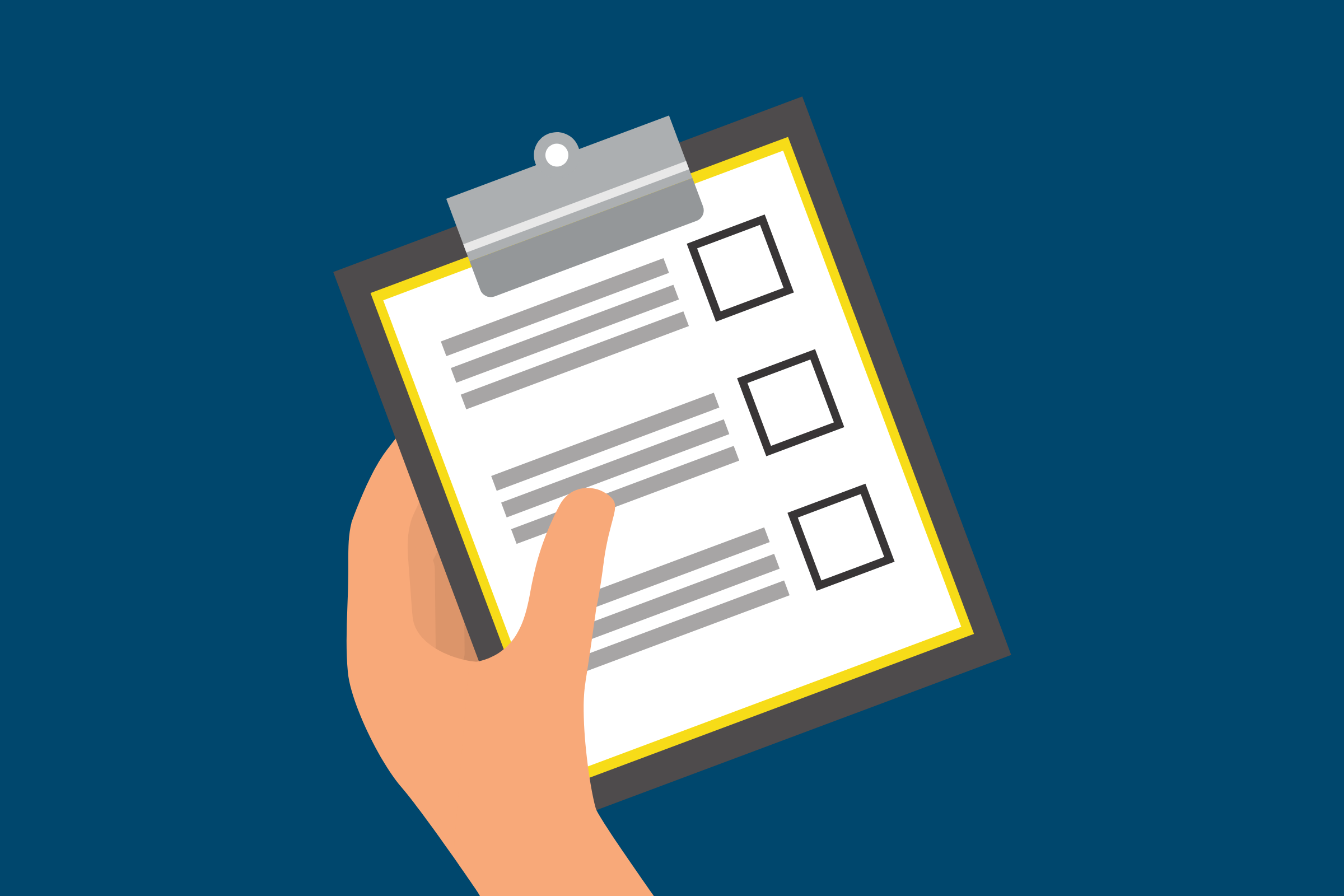All posts
Separation Checklist Australia
Separation can be a difficult time for everyone involved. There’s a lot to think about and a lot to do. You’ll likely have some important decisions to make and loose ends to tie, and it can be overwhelming trying to remember all the necessary steps. Having some guidelines might reduce some stress and make your […]


Separation can be a difficult time for everyone involved.
There’s a lot to think about and a lot to do. You’ll likely have some important decisions to make and loose ends to tie, and it can be overwhelming trying to remember all the necessary steps.
Having some guidelines might reduce some stress and make your de facto or marriage separation process a little easier. While this separation checklist is not exhaustive, we hope it helps you make a start on the practical tasks to address during separation.
If you’re concerned about your safety or that of your children, it’s important to talk with someone as soon as possible.
1800RESPECT 24/7 helpline: 1800 737 732
DVConnect 24/7 helpline: 1800 811 811
If you or your children are in immediate danger, please call 000.
Get Legal Advice
Separation in Australia doesn’t have to involve legal processes, but it’s never a bad idea to get legal advice.
It can be especially helpful to have guidance from a solicitor or mediation service when negotiating parenting arrangements, or if you’re simply feeling overwhelmed.
Make Arrangements for Children
Recent statistics show that in Australia, the vast majority of parents are able to agree on parenting arrangements without resorting to court. It can take some time though, especially while everyone processes what’s going on. It’s valuable to have a temporary arrangement in place while you’re making those decisions for the long-term.
Every decision you make as parents needs to be made based on what’s best for your children. For example, if one parent has been the primary carer for the children, it might be sensible for the children to live with that parent while they adjust to the new routine.
Things to consider when separating with children might include:
- Where the children will live and who will take care of them
- How much time children will spend with each parent
- Visitation arrangements including grandparents and other extended family
- Where children will go to school
- School fees and other further education expenses for the children
- Who will hold onto the children’s important documents, e.g. birth certificates and passports.
Learn more about collaborative parenting plans in our Share the Care PDF.
Consider Assets and Finances
Depending on your circumstances, you might like to make a list of your shared assets, including finances, furniture and other belongings to help you negotiate who gets what.
- If you don’t have one already, open a bank account in your name only
- Talk with your bank about joint bank accounts or credit cards
- If you’re renting, talk with your property manager about your lease contract
- Talk with your insurer about jointly held policies and consider taking out new ones in your name only.
Learn more about negotiating a property settlement in our A Fair Share PDF.
Organise Important Documents
Collect or make copies of all of your personal and financial documents such as:
- Marriage certificate (if applicable)
- Birth certificate
- Passport
- Bank and super statements
- Insurance policies
- Payslips
- Tax records
- Car registration
- Bank account, credit card, or store card statements
- Loan statements
- Utility bills
- Property documents
- Superannuation account statements
- Government benefit documents.
Notify Relevant Organisations
Remove your ex-partner as your emergency contact at your work, doctor, etc.
- Notify Medicare, Centrelink, and the Australian Tax Office
- If you’re moving, update your mailing address
- Change details on your driver’s licence and passport
- Update details for your superannuation
- Update your will and powers of attorney
- Inform your children’s school
- Inform your doctor
- Inform your accountant
- Inform providers of utilities, e.g. gas, electricity, water, phone, and internet.
Change Your Passwords
Protect your privacy and security by updating the passwords on all your online accounts. This might include:
- Banking
- Wi-Fi
- PayPal
- eBay
- Netflix
- Social media accounts, e.g. Facebook, LinkedIn, Instagram, and Twitter.
Relationships Australia QLD offers support for individuals and families experiencing separation. Discover our services here or call us on 1300 364 277 to get help finding the right service for you.
For further guidance, these in-depth PDF guides provide helpful information and advice for men and women experiencing separation:
1800RESPECT: 1800 737 732
DVConnect Womensline: 1800 811 811
DVConnect Mensline: 1800 600 636
Sexual Assault Helpline: 1800 010 120
Kids Help Line: 1800 55 1800
Lifeline: 13 11 14
If you believe you or your children are in immediate danger, please call 000.
Back to all posts